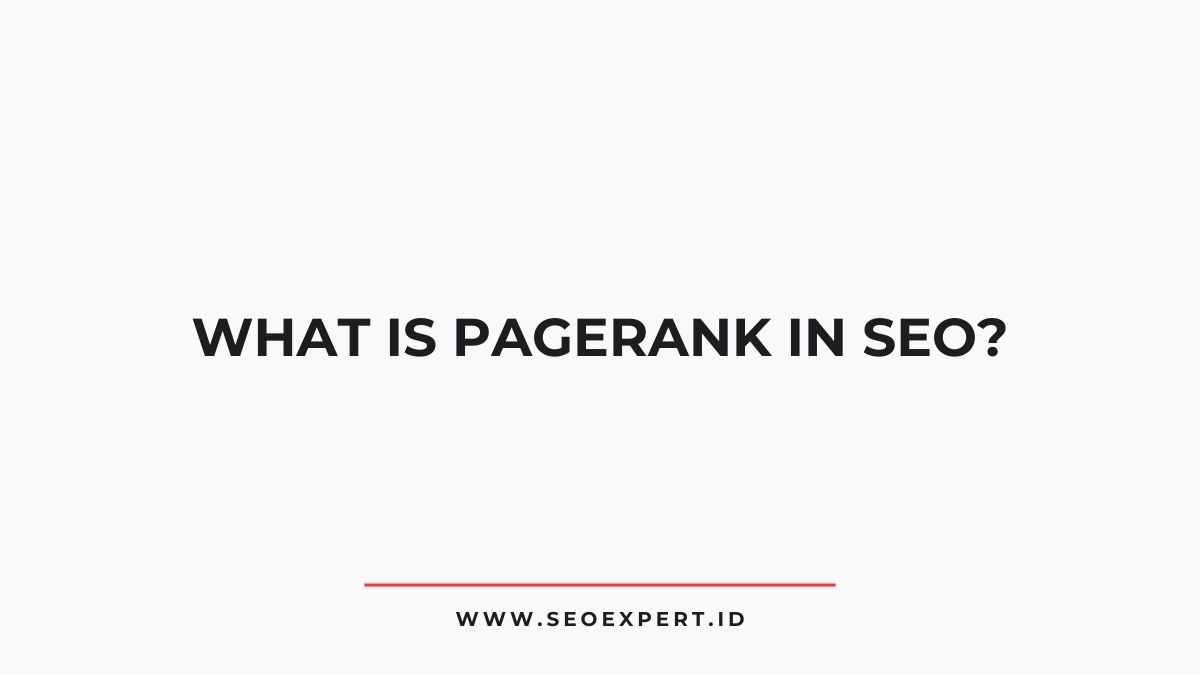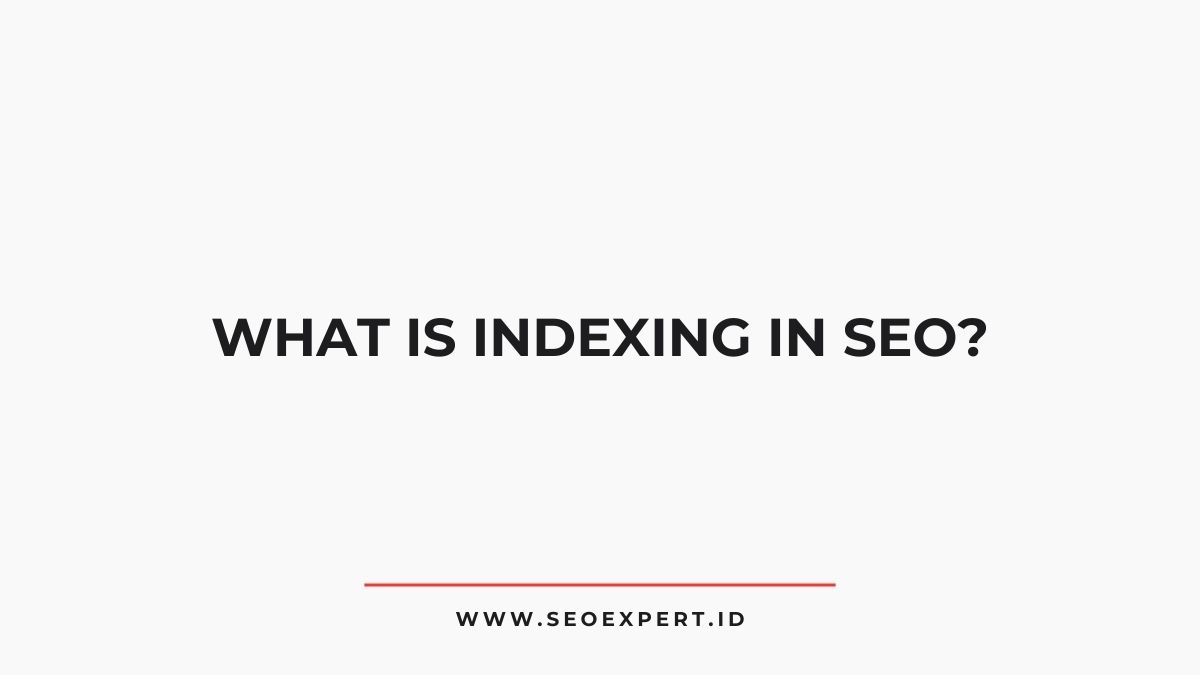PageRank is a critical algorithm in search engine optimization that assesses the importance of web pages based on their link structures.
LinkWhisper
The ultimate internal linking plugin for WordPress that can elevate your on-page SEO. Recognized as the finest in the field. Simple to install with powerful features.
It operates on the principle that more significant pages attract higher-quality backlinks, serving as endorsements of content authority.
PageRank utilizes a directed graph model and incorporates a damping factor to reflect user behavior.
Understanding factors influencing PageRank, such as content relevance and link quality, is essential for effective SEO strategies. Further insights into PageRank’s evolution and best practices await exploration.
TL;DR
Hide- PageRank is an algorithm that evaluates the importance of web pages based on their link structure and backlinks.
- It assigns numerical values to pages, influencing their rankings in search engine results.
- High-quality backlinks from authoritative sources enhance a page's PageRank and search visibility.
- PageRank assesses both the quantity and quality of links, impacting overall website authority.
- Modern SEO practices have evolved, emphasizing user experience and content quality alongside PageRank metrics.
Understanding PageRank: A Brief Overview
PageRank serves as a fundamental algorithm developed by Google to evaluate the importance of web pages within the vast landscape of the internet.
It operates on the principle that more important pages are likely to receive more links from other websites. By analyzing the quantity and quality of these links, PageRank assigns a numerical value to each page, influencing its ranking in search results.
More important pages garner more links, allowing PageRank to assign a numerical value that shapes search result rankings.
This algorithm employs a network of interlinked pages, where each link is viewed as a vote for the quality of the content. Understanding PageRank is essential for webmasters and SEO professionals, as it directly impacts visibility and traffic.
Proper optimization strategies that consider PageRank can enhance a site’s authority and relevance, thereby promoting safer browsing experiences.
The Mathematical Foundation of PageRank
While the concept of PageRank is widely recognized, its underlying mathematical foundation is essential for understanding how it operates.
PageRank employs a directed graph model, wherein web pages represent nodes and hyperlinks serve as directed edges. The algorithm calculates the probability of a user landing on a page after randomly clicking links.
Central to its function is the eigenvector of the link matrix, which indicates the importance of each page based on the quantity and quality of incoming links.
This probabilistic approach incorporates a damping factor to account for user behavior, ensuring that the model remains realistic.
How PageRank Influences Search Engine Rankings
PageRank greatly impacts search engine rankings by evaluating the importance of backlinks, which serve as indicators of a webpage’s authority and relevance.
The algorithm distinguishes between quality and quantity, emphasizing that high-quality backlinks from authoritative sources carry more weight than numerous low-quality links.
This differentiation shapes the overall ranking strategy employed by search engines, influencing how content is prioritized in search results.
Importance of Backlinks
Backlinks serve as critical signals in the domain of search engine optimization, greatly influencing how websites rank in search results. They are fundamentally endorsements from one site to another, indicating credibility and authority.
Search engines, particularly Google, utilize backlinks as a significant factor in their algorithms, helping to determine a site’s relevance and trustworthiness.
A robust backlink profile can enhance a website’s PageRank, leading to improved visibility in search engine results pages (SERPs).
Furthermore, backlinks contribute to organic traffic, as users are more likely to click on links from reputable sources.
Consequently, understanding the importance of backlinks is crucial for any SEO strategy, as they are foundational to achieving and maintaining a competitive edge in search rankings.
Quality vs. Quantity
To effectively navigate the complexities of search engine optimization, understanding the interplay between quality and quantity in backlinks is essential.
PageRank, an algorithm developed by Google, evaluates the importance of web pages based on the quantity and quality of incoming links. High-quality backlinks from authoritative sites greatly enhance a page’s ranking potential, as they signal trustworthiness and relevance.
Conversely, a high volume of low-quality backlinks can lead to penalties, undermining a site’s credibility. As a result, SEO strategies should prioritize acquiring a smaller number of high-quality links rather than a large quantity of inferior ones.
This balanced approach not only aligns with PageRank principles but also fosters sustainable growth in search engine visibility and user trust over time.
The Role of Links in PageRank Calculation
Links serve as the foundational elements in the PageRank algorithm, determining the importance and relevance of web pages within the vast landscape of the internet.
Each link from one page to another acts as a vote of confidence, signaling to search engines the credibility and authority of the linked content.
The quantity and quality of these links greatly influence a page’s rank; more reputable sources provide greater weight. Additionally, the context in which links appear plays an essential role, as relevant links contribute to a more accurate assessment of a page’s value.
Consequently, a well-structured linking strategy not only enhances visibility but also fosters a safer browsing experience by directing users to authoritative and trustworthy sources.
Factors Affecting PageRank Value
The value of PageRank is influenced by several critical factors, including the quality of inbound links, the relevance of the content, and the overall authority of the website.
High-quality links from reputable sources enhance a site’s credibility, while relevant content guarantees alignment with user intent.
Additionally, a website’s authority, often established through consistent performance and trustworthiness, plays a significant role in its PageRank evaluation.
Link Quality Impact
While various factors influence PageRank value, the quality of links remains vital in determining a website’s authority and visibility in search engine results.
High-quality links from reputable sources can greatly enhance a site’s credibility, while low-quality or spammy links can adversely affect its ranking and reputation.
Evaluating link quality involves considering domain authority, relevance, and trustworthiness.
| Link Quality | Impact on PageRank |
|---|---|
| High-quality links | Boosts PageRank value |
| Low-quality links | Diminishes PageRank |
| Irrelevant links | Reduces credibility |
Understanding these dynamics is essential for webmasters seeking to cultivate a safe and effective online presence, ensuring that their SEO efforts yield sustainable outcomes.
Content Relevance Importance
Link quality is only one aspect of factors that influence PageRank; content relevance plays a significant role in determining how search engines assess a website’s authority.
Content relevance refers to the alignment between the website’s material and the search queries it aims to satisfy. Search engines employ complex algorithms to evaluate this alignment, considering keyword usage, contextual meaning, and topical coherence.
Websites that provide valuable, informative content that meets user intent are likely to achieve higher PageRank values. Additionally, the presence of well-structured content, such as headings and optimized meta tags, enhances discoverability.
Ultimately, content relevance not only improves user experience but also establishes trust and credibility, which are essential for long-term SEO success.
Website Authority Influence
Website authority greatly influences PageRank values, serving as a critical metric for search engines in evaluating a site’s credibility and relevance.
Factors contributing to website authority include the quality and quantity of inbound links, domain age, and overall site performance.
High-quality backlinks from reputable sources enhance a site’s perceived authority, signaling trustworthiness to search engines. Conversely, links from low-quality or spammy sites can detract from authority.
Additionally, a site’s age may contribute to its established reputation, as older domains often possess greater trust. Moreover, technical aspects such as site speed and mobile optimization impact user experience, indirectly affecting PageRank.
Consequently, maintaining robust website authority is essential for optimizing PageRank and improving search visibility in competitive environments.
PageRank vs. Other Ranking Algorithms
Although PageRank was one of the earliest algorithms developed for ranking web pages, it is essential to contemplate how it compares to other contemporary ranking algorithms in the domain of search engine optimization (SEO).
While PageRank primarily focuses on link structure, newer algorithms incorporate diverse signals such as content relevance, user engagement, and semantic understanding.
| Algorithm | Key Features | Usage in SEO |
|---|---|---|
| PageRank | Link-based ranking, authority measurement | Historical significance |
| Hummingbird | Semantic search, context understanding | Improved user intent |
| RankBrain | Machine learning, adaptive learning | Personalized results |
| BERT | Natural language processing, contextual analysis | Enhanced query handling |
Understanding these distinctions aids SEO professionals in crafting thorough strategies that align with evolving search engine criteria.
The Evolution of PageRank in Modern SEO
As the landscape of search engine optimization continues to evolve, the role of PageRank has transformed considerably since its inception.
Initially, PageRank served as a pivotal algorithm for ranking web pages based on link structure and authority.
However, advancements in SEO techniques and search engine algorithms have led to a more thorough approach to ranking that incorporates various factors, such as user experience, content quality, and semantic relevance.
While PageRank remains an important metric, its influence has diminished in favor of more extensive algorithms that evaluate a broader array of signals.
Modern SEO prioritizes user intent and engagement, reflecting a shift towards providing valuable content rather than solely focusing on link quantity, which underscores the evolving nature of digital marketing practices.
Best Practices for Improving PageRank
Improving PageRank requires a multifaceted approach that emphasizes both link building and content optimization.
Effective strategies guarantee that websites gain authority and visibility while adhering to best practices.
Implementing effective strategies ensures that websites build authority and enhance visibility while following established best practices.
- Focus on acquiring high-quality backlinks from reputable sources.
- Create valuable, informative content that addresses user needs.
- Optimize on-page elements, including meta tags and headers, for relevant keywords.
- Assure mobile-friendliness and fast loading speeds to enhance user experience.
- Regularly update content to keep it relevant and engaging.
Wrapping Up
To sum up, PageRank remains a cornerstone of search engine optimization, illustrating how interconnectedness shapes online visibility.
Like a spider weaving its web, the strength of a website’s links determines its prominence in search results.
As the digital landscape evolves, understanding and adapting to the nuances of PageRank is essential for maintaining a competitive edge.
Ultimately, mastering this algorithm not only enhances a site’s ranking but also fosters a deeper appreciation for the intricate architecture of the internet.








